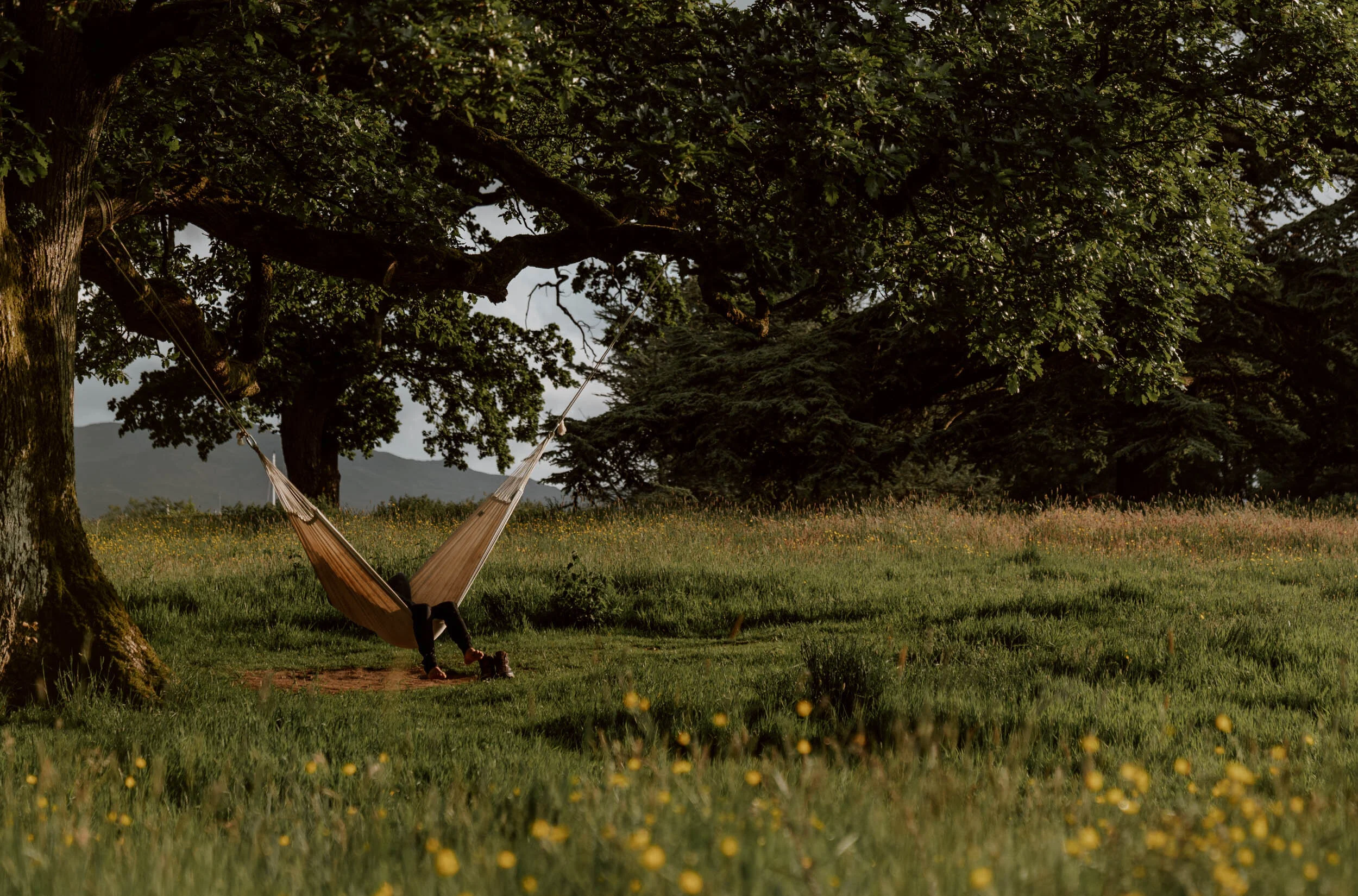It's been many years since we first raised a pack onto our back and boarded a bus to towns unknown. And whilst that sense of adventure remains the same, travel - and how we prepare for it - has changed immensely.
As with many young wanderlusters (are we still young?), we now look more towards the internet for information than our guidebooks. We google a hostel review or recommendations for a city, we lust over Instagram or check out our favourite blogs and read articles online about a place. For others, google maps and language apps are their saving grace if lost or confused in translation.
And yet, guidebooks will still have a special and necessary place for most on the road. For us, they're the first port of call and an occasional saving grace if chance means an unexpected night in a small town. Often, we only use it for some inspiration, a map and to work out how to get from A to B upon arrival, but it has nevertheless helped us out in some very sticky situations.
Our guidebooks become a part of our travels. Their pages hold unique memories of where we've been; underlined passages and highlighted sections, scribbled names of recommendations, red inked, coffee stained and dog-eared bookmarked pages evoke a moment of serendipitous travel better than any page on a website.
The book is shaped by our journey just as much as we are; pages embody our experience.
However, it is becoming a dated and inconvenient medium. Cumbersome and heavy, they take up too much space in our bags.
They rip, they tear.
Often outdated or focusing on too broad a market, the advice they contain will occasionally frustrate rather than assist some travellers.
Unfortunately, paper and ink is slowly becoming obsolete in the travel world.
However, when thinking about the ways in which we source information for our adventures, 'word of mouth' comprises the third-leg of this triumvirate. The standard opening traveller chat when you share a beer in any hostel will centre on where you're from, where you've been and how long you're away for. And then it becomes all about what you liked and what you didn't, where you absolutely have to go, and what should be missed.
Of course, you may dismiss entirely everything someone has to say, but it is inevitable that if someone tells you 'this place is really dangerous' or 'it's the best beach I've ever seen', your expectations and experience will be affected in some way or another.
That brief conversation can shape an entire adventure, setting off a chain off events, experiences and interactions which, ultimately, shape the person you are today.
We have met other travellers who dismiss two of these three mediums. The dread-locked German in Mexico who travelled only with a little notebook filled with people's recommendations - no phone, no computer, no guidebook for him. The American in Ecuador with digital versions of guidebooks on their ever-present phone, google Maps on 24/7 and a cache of saved blog articles. The old school Brit in Colombia who thinks we're all navel-gazing narcissists who prefers his battered 2012 guide book.
They define their travel style by what they use, and what they reject.
Along Dusty Roads is meant to be a heady homebrew of all these three elements.
We want to instil some objectivity in our information (like a guidebook), we want it to reflect our own travels and experiences (like a blog), but we also want it to be accessible, open and honest enough to inspire or recommend someone to go somewhere, to try something (like a hostel chat).
But, in the digital age where everyone has voice and opinion, who can you trust? Who can you really believe?
There are a million and one other blogs out there. Some more personal, some catering to a very specific niche and some which also try to achieve the same as us.
Why should you believe us or anyone else online?
Well, in our view, you shouldn't believe everything we write.
In Central America, we had many favourites and certain countries which we'll hold dearer than others. If we had to list it, Nicaragua would probably come top overall, with Guatemala a close second. Colombia - which we we visited not long after - wiped the floor with both.
We've met other travellers - and read other blogs - which would back this opinion up. And then there have been others which felt Guatemalans were untrustworthy, Nicaragua over-rated and Colombia not all it's cracked up to be.
One person advised travellers you'd be robbed for certain if travelling on local buses in Guatemala; we on the other hand swear by them for budget backpackers.
You can fight your case, you can show them pictures but, at the end of the day, travel will always be subjective - it will always be about your experience.
If you're robbed in one country, it will of course skew your lasting impression of its people. Another country might be shit and over-priced, but you met some beautiful wonderful travellers there, so a bit of your heart will always remain.
Some people love Paris, others hate it.
So, what to do with so much information, viewpoints and content out there simply urging you to visit, avoid or decamp to someplace, RIGHT NOW?
And why do we write and document our experience if, at the end of the day, it will always be subjective and open to counter-experiences? We are fortunate that 99% of the comments we get on Along Dusty Roads are positive, but there will always be the one or two people who want to take us down or deride how we've experienced a place or talked about it.
We guess it's to record personal memories - an extremely open and public travel journal - but also to - vomit alert - inspire you.
Yep, we're sorry we went there too.
But here's the thing.
Our experience of a country will, no matter how many photos and 'top ten' lists we share, always be ours and ours alone. It may be similar to what happened on another person's trip, but there is nothing unbiased in what we write.
Every moment and interaction has shaped every word we write. If the sun didn't shine for us at a certain time, in a certain place, on a certain day, then we might not enjoy it as much as we should have.
You may visit somewhere and your mind will be blown. You may visit somewhere and want to unpack your bag and never leave. Or you may detest every second and want to scream at every local you meet. You might think what we've written is completely wrong.
That's fine.
If you've visited a country in the first place, we doff our Instagram hats to you; at least you gave it a chance. If we enjoyed it and you didn't, then all we can do is fight our case about why we did.
At the end of the day, all anyone can do is visit somewhere on their own and live their own experience as best they can, to not be a dick and to not hurt anyone along the way.
That's exactly what we try to do.
And that's exactly why we want to travel as much as possible, for as long as we can.
And we want you to do the same.


















